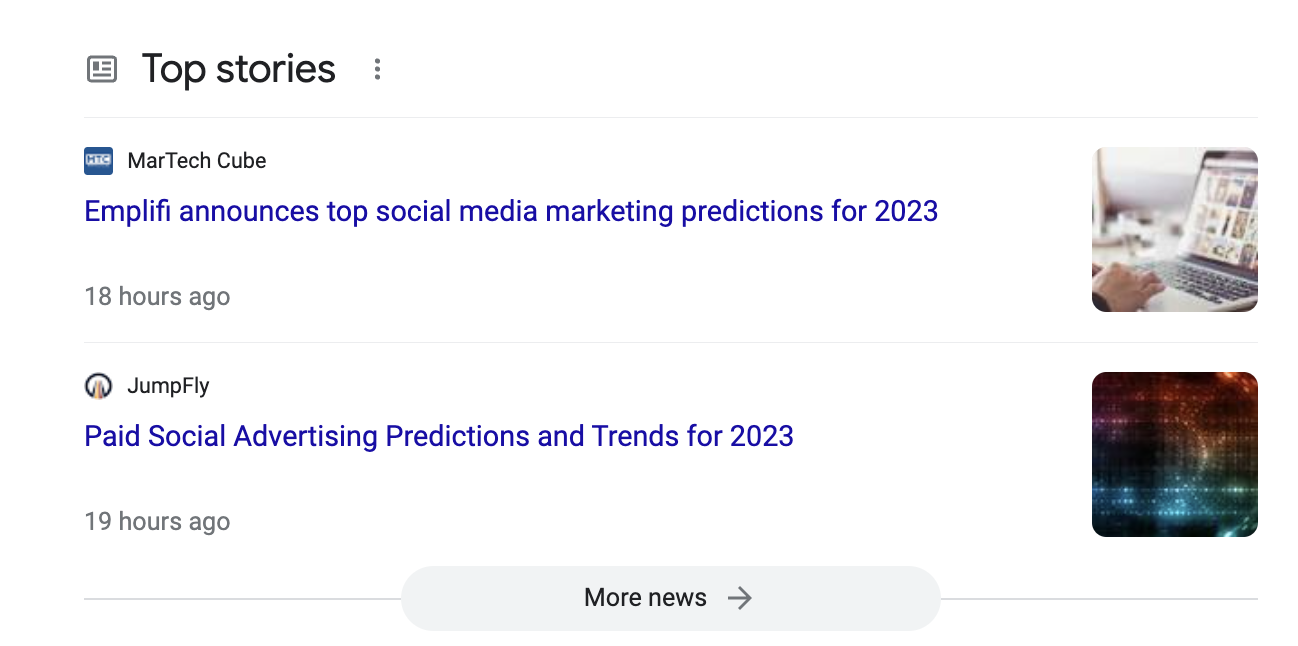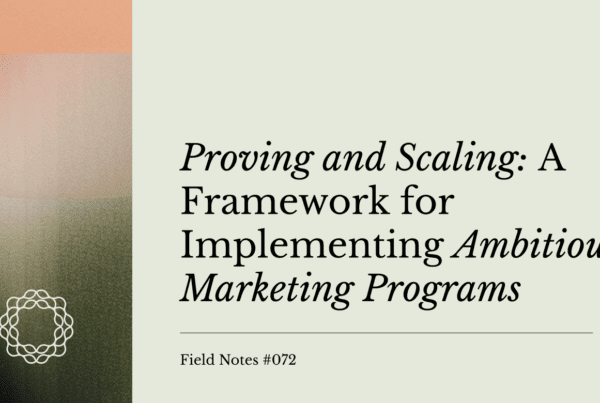
From December 1st until January 1st, you’re at risk of poisoning your mind with a bunch of marketing predictions.
“The future of content marketing is video.”
“AI content writing tools will replace SEO-focused content marketing.”
“Every software company will become a media company.”
“SEO is dead.”

Predictions make great content, and they benefit the predictor (but not usually the reader). Why?
- Most predictions are self-serving
- There’s no downside to making inaccurate predictions
Just like giving advice, the advice receiver takes on ALL the risk. If you, for instance, invest everything in AI content because that’s what a thought leader says the future is, the thought leader suffers zero consequences when you fail because that future fails to materialize.
Plus, being a great forecaster often has little to do with real-world performance (it’s not how often you’re right; it’s how right you *are*).
All of us, inherently, create models of the future (AKA predictions). Some of us have finely tuned models due to vast experience, but even experts get it wrong. The thing to do is put our money where our mouth is (i.e. skin in the game, we take our own medicine) and always leave wiggle room for uncertainty.
In the present moment, you can take past data to inform your prediction of the future, but these are really just distinct streams of probabilities. Perhaps there’s a 10% chance that Future 1 occurs, but there’s a 90% probability it doesn’t.
So what’s the solution? It’s not to face the future blindly and naively, admitting that, because you can never predict the future with full certainty, you shouldn’t even try.
Rather, it’s to treat predictions as data points in your mental model, think for yourself, stay humble, and think in bets. No one can predict the future.
Recommended Reads
1. Fooled by Randomness (book) – This book is about luck, patterns, and randomness. We underestimated the role of luck and randomness in success and failure and future outcomes. Everyone should read this book.
2. On fake case studies – Other than “predictions” and trends posts, be wary of ‘fake case studies’ and teardowns. These, too, can be helpful, but take them with a grain of salt. The person writing them usually has no inside information or context and is usually painting the company’s success with a large dose of narrative fallacy.
3. The problem with marketing advice – I wrote this a few years ago after feeling frustration at the divergence of (strongly opinionated) advice at conferences. I realized that advice tells you more about the giver than the receiver. This piece covers what to do about that.



